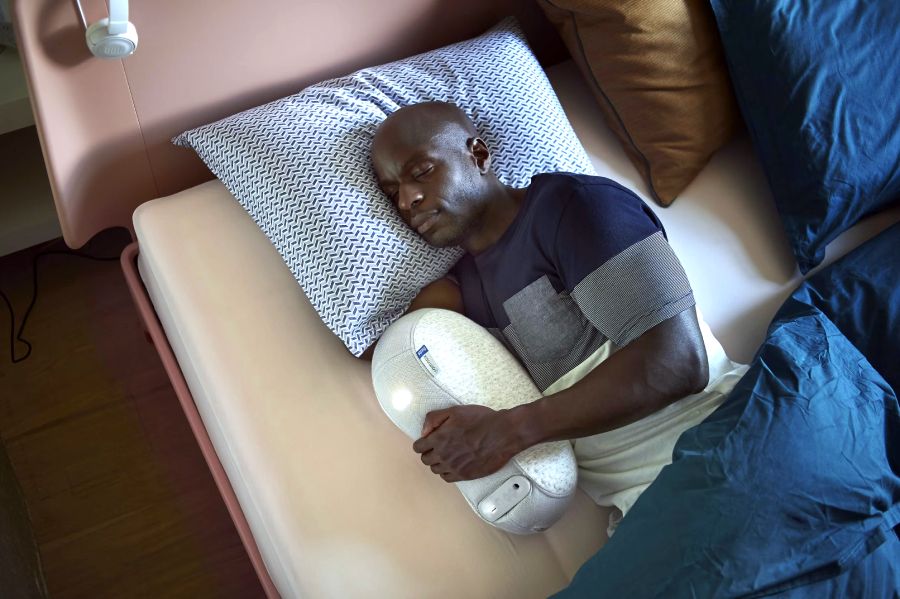Mitral valve prolapse, also known as Barlow syndrome, floppy valve syndrome, or click-murmur syndrome, is a heart valve disease when the leaflets of the mitral valve work abnormally.
The main cause of Mitral Valve Prolapse (MVP) is stretchy valve flaps that make the leaflets cannot close smoothly or evenly.
In some cases, the prolapse flaps cause a small amount of blood leakage which is known as regurgitation. Mitral valve Prolapse is basically not harmful but it requires treatment to manage heart health and prevent further complications.
People with this condition may develop mild to severe symptoms like irregular heartbeat, dizziness, and fatigue. Some patients also report sleep problems such as insomnia.
Can MVP cause sleep issues? Take a closer look at the following information to answer.
How Does Mitral Valve Prolapse Occur?
When the heart contracts, both flaps bulge backward into the left atrium (LA) like a parachute. This condition may cause a small amount of blood to leak through the valve, commonly known as regurgitation. It also causes a heart murmur which explains its other name.
MVP rarely causes a significant impact on your health. But talking with your doctor can help prevent complications based on your severity level. Doctors may prescribe some medications or home-based treatment to manage the conditions.
Mitral Valve Prolapse and Sleep Problems

Mitral Valve Prolapse is not a serious heart condition but it is often accompanied by minor symptoms, such as tiredness, heart palpitations, shortness of breath, and headaches.
Chest pain and dizziness are other symptoms that commonly develop in people with MVP.
However, some people with this condition also report sleep problems. That becomes the question, can Mitral Valve Prolapse actually cause sleep issues?
According to research, patients with MVP develop primary neurologic disturbance. They have catecholamine abnormalities that explain some problems, including sleep disorders.
The concentration of plasma catecholamine increases significantly, causing adrenergic hyperresponsiveness in individuals with MVP. This implicates the neurological issue as a potential factor in the sleep disorder.
It may also relate to the difficulties in treating sleep disorders.
Another potential reason is that patients with MVP have extra adrenaline receptors. This causes several problems, including insomnia, fatigue, and exhausted feeling.
However, the evidence to prove that MVP alone causes sleep issues is not enough. Overactive adrenaline-releasing nerves may not cause sleep disorder, instead, chest pain may trigger adrenaline activation.
When to Treat MVP
In many instances, this condition rarely impacts your health and it does not require specific treatment. But MVP can lead to serious complications when left uninspected. You may need to talk with your health care provider if one or more of these conditions occur:
- Symptoms Are Getting Worse
- Severe Mitral Regurgitation
- Arrhythmias Develop
So, Can Mitral Valve Prolapse Cause Sleep Problems?
Mitral Valve Prolapse is mostly a harmless disease that affects the heart valve. Some people believe this condition can lead to sleep problems but the evidence is not strong enough to affirm the premises. But catecholamine abnormalities that occur in people with MVP may affect sleep disorder treatments.
You might also want to fix your sleep position, it could help improve your sleep quality.




Leave a Reply